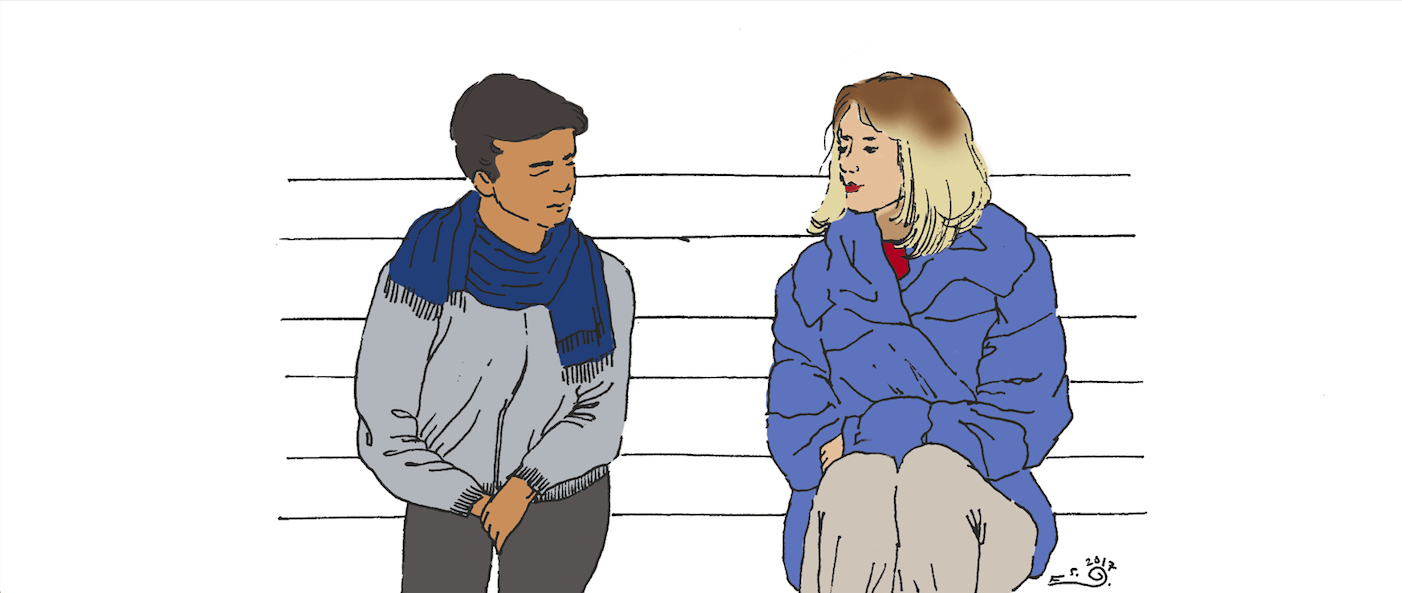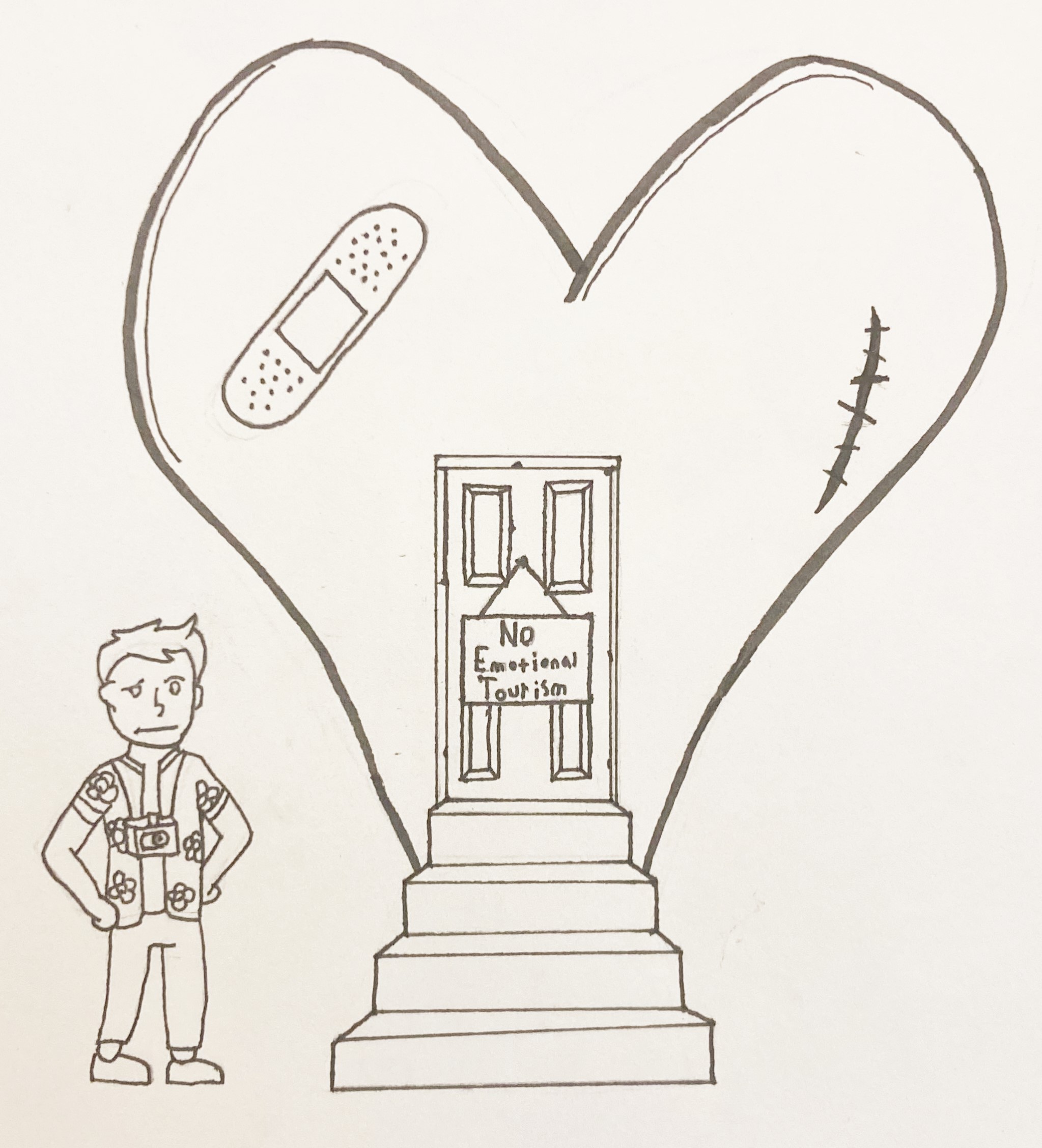In the mood for film that will make you laugh until you cry yet still tug on your heartstrings, without the forced dialogue and formulaic plot of a typical rom-com? If the answer is yes, then you will love the unconventional indie comedy, The Big Sick– a fictionalized real-life story of of how a medically induced coma led to the marriage of Pakistani comedian, Kumail Nanjiani (playing himself) and white American, Emily V. Gordon, (played by Zoe Kazan).
Unlike a traditional comedy, The Big Sick has believable dialogue with an appropriate level of awkwardness and flow. The plot and conflicts feel completely real, and you feel for the characters. I can’t help but go, “aww,” during Emily and Kumail’s wholesome and adorably awkward scenes, and my heart hurt so much for Kumail and for Emily’s parents during the worrying time she was in the hospital as they wondered if she’d ever recover.
Emily’s parents, Terry and Beth, played by legendary actors, Holly Hunter and Ray Romano, were the true stars of the film. The way they interacted with each other and with Kumail made me want to hug my parents. Their dialogue was full of dark comedy, and they were were subtly physically hilarious, like when Beth circles Terry when she’s mad at him, and how Terry chews with his mouth full and makes awkward side conversations to avoid the elephant in the room: “Tuna’s always a gamble.”
While The Big Sick is a comedy featuring a stand-up comedian, comedy was somehow not the central focus. To me it is a heartbreaking love story about having a hard decision to make– losing the love of your life or losing your family and culture. Kumail’s parents were already disappointed in his choice of career, yet his mother still tried to mold him into a “good muslim,” with futile attempts to arrange his courting with young Pakistani girls in the area. This is a story so many people can relate to; parents disappointed in kids for being themselves, those same kids being disowned for loving someone of a different race or religion, or of the same sex. Layered on top of this cross-cultural challenge is the need to balance life’s hardships–like illness in a relationship–with pursuing your dreams. We see this as Kumail struggles to keep his comedy career afloat during Emily’s illness. The story just happened to be hilarious on top of all these dark themes, the way I believe life and human nature are. People are always finding irony and humor in the darkest places (whether they mean to or not), and this movie is smart for acknowledging that.
The Big Sick also touches on serious themes like racism, usually in a funny way, like Kumail saying, “It’s alright, we hate terrorists,” to a group of concerned white observers during an argument with his brother, Naveed. And in a standup scene at a comedy club, a young white guy heckles Kumail, shouting, “Go back to Isis!” The incident felt isolating, almost like Kumail was stripped of all humanity and was left naked on stage. This powerful scene was a break that brought the audience back into the real world for a moment, reminding us that things like this happen every day, even at Roosevelt. The scene promptly transitioned into a hilarious bar fight between Holly Hunter and the racist frat-boy, but that strange, naked moment reminded me of what is still happening in the world right at this very moment.
The Big Sick may be the most refreshing film I’ve seen made this decade. The complexity and rawness of the plot and characters was unexpected. I highly recommend it!
Graphic By: Eve Scarborough



